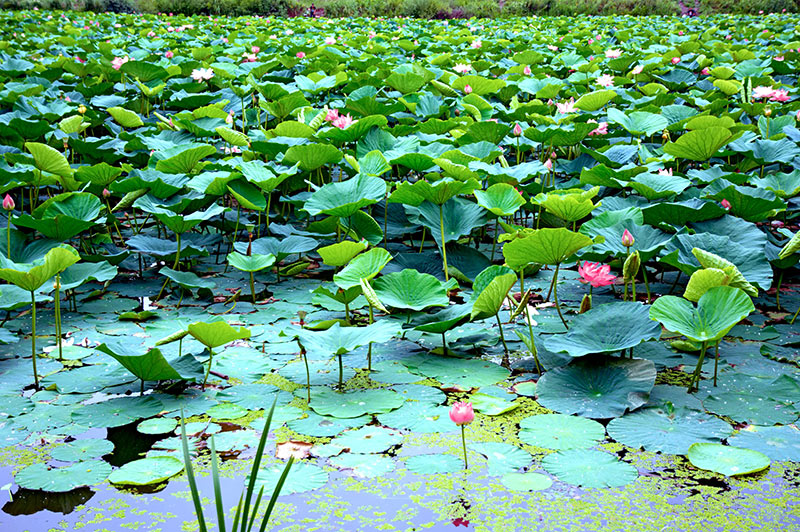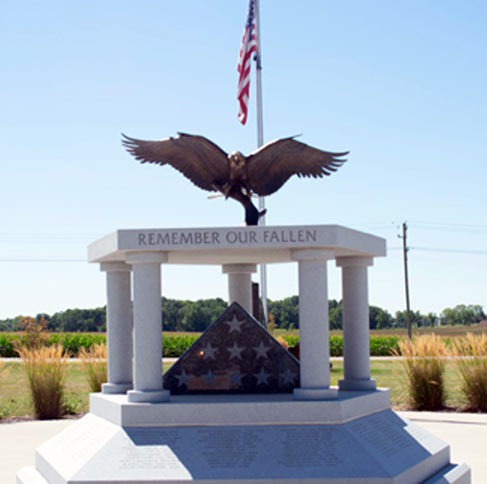|
| Storm Water MS4 Perm | Town's Ordinance on Storm Water Management |

How Can I Help?
1. Learn more about local waters and join a local watershed or conservation group. Go to Dane County Waters.
2. Test your soil before applying fertilizers containing phosphorus.
3. Keep leaves and grass clippings out of the street and ditches, compost, and practice other water-friendly lawn care.
4. Keep water on site and soil in place (so it's out of our waters).
5. Reduce motorized vehicle use; maintain vehicles in an environmentally friendly way (don't pump oil in storm drains or on the street, for example).
|
Additional Publications: 1. Pet Waste and Water Quality 2. Rain Gardens 3. Rethinking Yard Care 4. Lawn Weed Control 5. Lawn and Garden Fertilizer 6. Stormwater Detention Ponds 7. Erosion Control for Home Builders 8. Help Stop Polluted Runoff Full listing of publications |
Additional Resources include: Madison Area Municipal Stormwater Partnership Dane County Land & Water Resources Dept. https://dnr.wi.gov/water/ What You Can Do to Protect Our Waters |
|
|
 |
 |
 |
What is Storm Water?Storm water run off is generated when rain and snow melts and flows over land or impervious surfaces (paved streets, parking lots, and building rooftops) and does not soak into the ground. Storm water accumulates debris, chemicals, sediment, nutrients and other pollutants that adversely affect water quality of nearby lakes, streams and wetlands. Don't Storm Sewers Treat Storm Water? Yes and No. Storm sewers are typically separate from waste water or sanitary sewers. In more developed areas, like cities and towns, residential and commercial waste water is conveyed through sanitary sewers to waste water facilities where it is treated to meet water quality standards before it is discharged. However, storm water is usually conveyed through an underground system of pipes and then is discharged, without treatment, to a nearby lake or stream. In some cases, storm drains and inlets have integrated treatment devices such as sumps, which allow for some settling and collection of sediments or oil/gas chambers, which separate out oils an gas from the rest of the storm water. Most storm sewers, however, do not include these types of devices due to expense, required maintenance and difficulty retrofitting existing structures. Link to Storm Water MS4 Permit Link to Town's Ordinance on Storm Water Management How Can I Help?1. Learn more about local waters and join a local watershed or conservation group. Go to Dane County Waters. 2. Test your soil before applying fertilizers containing phosphorus. 3. Keep leaves and grass clippings out of the street and ditches, compost, and practice other water-friendly lawn care. 4. Keep water on site and soil in place (so it's out of our waters). 5. Reduce motorized vehicle use; maintain vehicles in an environmentally friendly way (don't pump oil in storm drains or on the street, for example). |
|
|
|
|
 |
 |
 |




.jpg)